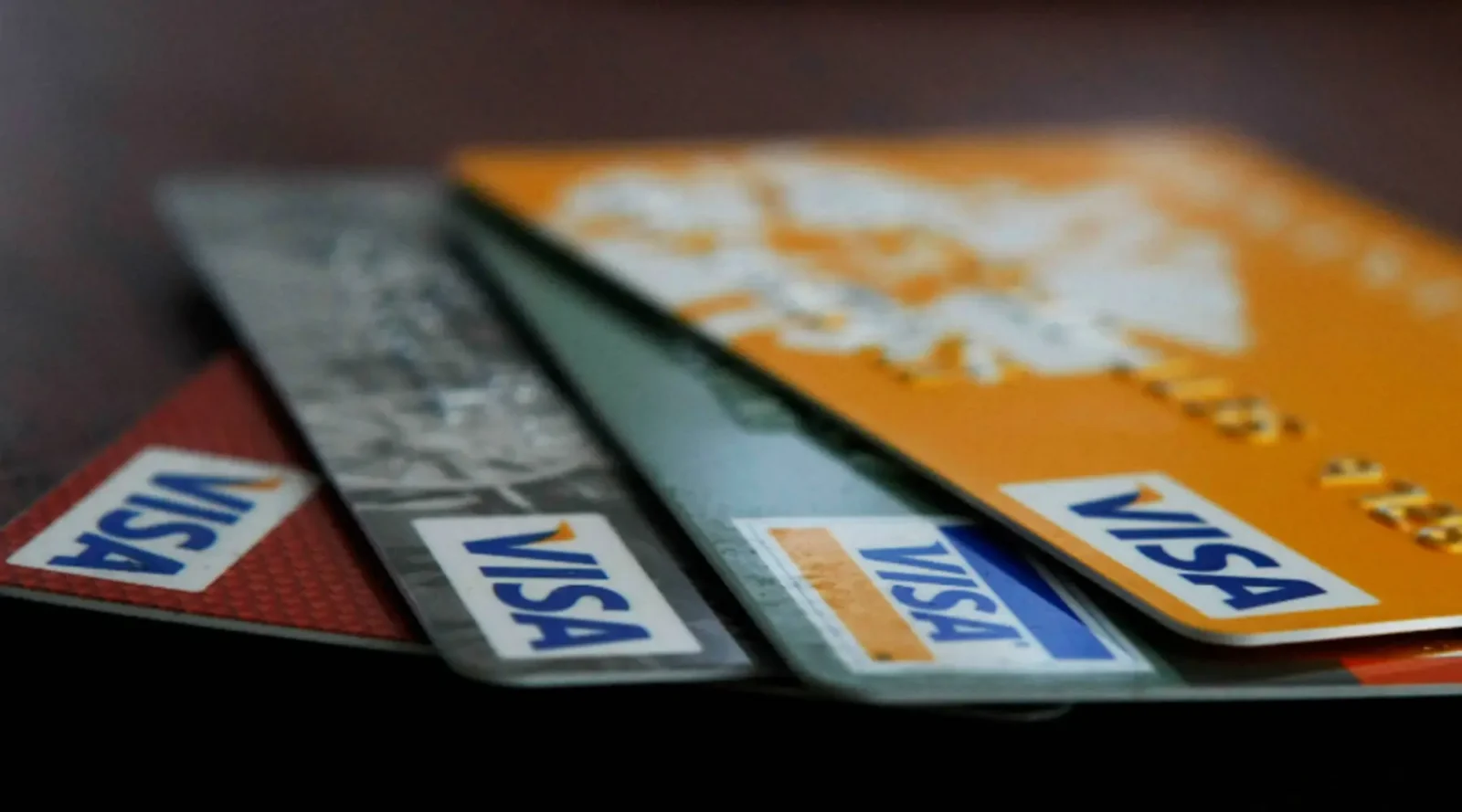Americans collectively owe $1.13 trillion on their credit cards, as reported in a new household debt report from the Federal Reserve Bank of New York.
The New York Fed found that credit card balances increased by $50 billion, or roughly 5%, in the fourth quarter of 2023. Credit card delinquency rates also rose, particularly among younger millennials, or borrowers aged 30 to 39, who are weighed down by significant student loan debt.
“This signals increased financial stress, especially among younger and lower-income households,” said Wilbert van der Klaauw, an economic research advisor at the New York Fed.
“Even though the economy is doing great, there are pockets out there where people are overextended,” the New York Fed researchers stated during a press call on Tuesday.
Many consumers feel the strain of higher prices, particularly for food, gas, and housing. According to a separate report from the Consumer Financial Protection Bureau, more cardholders are carrying debt from month to month or falling behind on payments.
Nearly one-tenth of credit card users find themselves in “persistent debt,” where they are charged more in interest and fees each year than they pay toward the principal. This pattern is becoming increasingly difficult to break, the consumer watchdog said.
Credit card rates, already high, surged with the Federal Reserve’s 11 rate hikes, including four in 2023.
Since most credit cards have variable rates, there is a direct connection to the Fed’s benchmark. As the federal funds rate rose, so did the prime rate, and consequently, credit card rates followed. The average annual percentage rate now exceeds 20%, an all-time high.

“Even though $1 trillion in credit card debt is a staggering number to wrap your brain around, the unfortunate truth is that it is only going to keep climbing from here,” said Matt Schulz, chief credit analyst at LendingTree.
“Americans are still struggling with lingering inflation and rising interest rates,” he added, “forcing them to lean on credit cards more and more.”
Despite the high costs, consumers often turn to credit cards partly because they are more accessible than other types of loans, Schulz explained. However, this reliance can come at the expense of other long-term financial goals, he noted.
Until recently, most Americans benefited from several government-supplied safety nets, including the substantial injection of stimulus money during the pandemic, which left many households with a stockpile of cash that enabled some cardholders to keep their credit card balances in check.
However, this cash reserve has largely been depleted as consumers gradually spent down their excess savings from the Covid-19 years.
If you’re carrying a balance, consider calling your card issuer to ask for a lower rate. Alternatively, you might consolidate and pay off high-interest credit cards with a lower interest home equity loan or personal loan, or switch to an interest-free balance transfer credit card, Schulz advised.
To optimize the benefits of their credit card, consumers should regularly compare credit card offers, pay as much of their balance as they can as soon as possible, and avoid late payments, according to Mike Townsend, a spokesperson for the American Bankers Association.
“Any credit card holder who finds themselves in financial stress should always contact their card issuer to make them aware of their situation,” Townsend said. “They may be eligible for some relief or assistance depending on their individual circumstances.”







Leave a Reply